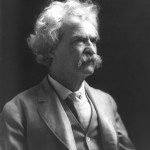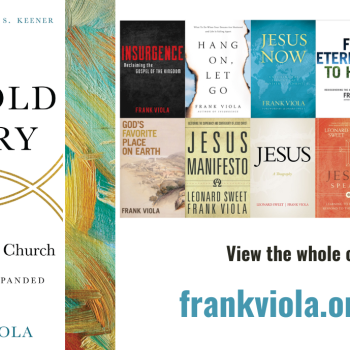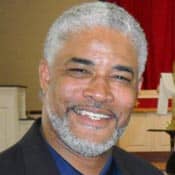And I want to commend the ministers. . . . And I want to thank them, because so often, preachers aren't concerned about anything but themselves. And I'm always happy to see a relevant ministry. ~ Dr. Martin Luther King, Jr., April 3, 1968
As the nation, and in particular the church, celebrates what would have been Martin Luther King Jr.'s 83rd birthday, we are once again confronted with the issue of relevance. And, it seems to me, just in the nick of time. For in an age where Jersey Shore and The Real Housewives of (Name the City) are all the rage, the notion of relevance seems obsolete.
Thus our annual observance of King's birthday affords each of us an opportunity to view his life and legacy in light of our own. Such, perhaps, is King's greatest legacy, for he never allows you to be too comfortable with yourself. Through his committed life of non-violent social change—coupled with his violent death—he remains, in the words of the late labor leader A. Philip Randolph, "the conscience of America."
So when King prods his fellow clergy toward "a relevant ministry," as he did on the eve of his assassination, it's worth our attention even forty-four years later. "It's alright," he told those gathered at Memphis's Mason Temple Church of God in Christ, "to talk about 'long white robes over yonder,' in all its symbolism. But ultimately people want some suits and dresses and shoes to wear down here. It's alright to talk about 'streets flowing with milk and honey,' but God has commanded us to be concerned about the slums down here, and His children who can't eat three square meals a day. It's alright to talk about the new Jerusalem, but one day, God's preacher must talk about the new New York, the new Atlanta, the new Philadelphia, the new Los Angeles, the new Memphis, Tennessee. This is what we have to do."
Within the context of the civil rights movement's 1968 Poor People's campaign, including its protests in support of Memphis's garbage workers, King's understanding of a relevant ministry thus included addressing the temporal needs of the un(der)educated and un(der)skilled masses, most of whom were people of color.
More than four decades later, those masses still exist and the response of many is anything but non-violent. Indeed, research suggests that among adult males, perhaps the greatest predictor of violent crime is joblessness. Curiously, however, studies also show that 1) religious congregations in urban communities provide a broad range of services and programs that are invaluable to those communities; 2) youths involved in church-based interventions are less likely to become involved in a host of dysfunctional behaviors, including substance abuse and juvenile crime; and 3) due to the low-cost, largely volunteer nature of such programs, they are irreplaceable by any other means.
Yet such challenges are not the exclusive province of the urban poor. According to the Brookings Institution, population shifts in the nation's metropolitan areas are increasingly rendering traditional notions of 'poor' cities and 'affluent' suburbs obsolete. The demographic lines are blurred even further by the nation's economic downturn, as rising unemployment, mortgage foreclosures, and family dislocations affect city dwellers and suburbanites alike. The net effect has been to expand the definition of who is considered "at-risk." Ironically, the disparities in race and class mask the similarities in problems, making it difficult for even some clergy to work together.
Thus, if the church's ministry is to remain relevant within the current crisis, it will have to explore the implications of this paradigm shift for its members and the communities in which they live.
1/16/2012 5:00:00 AM





